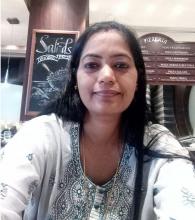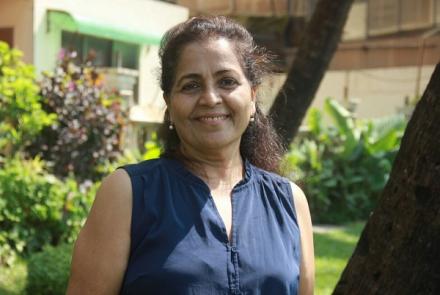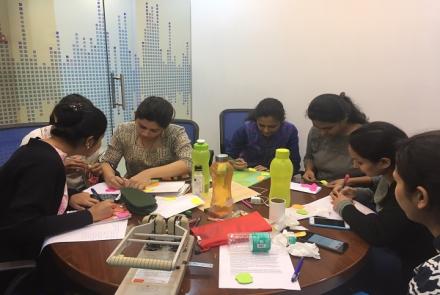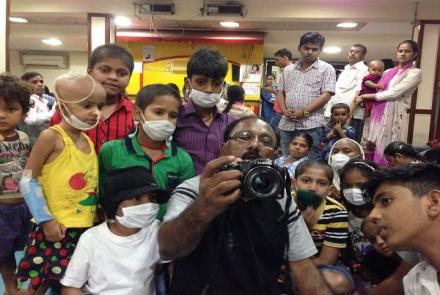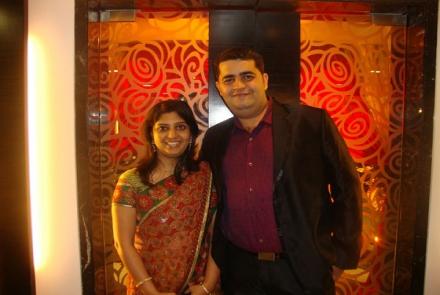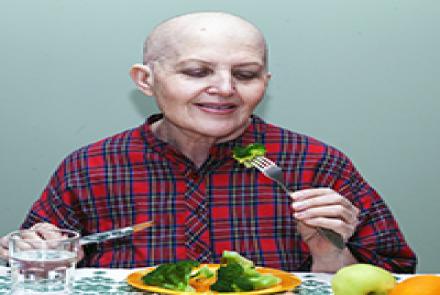
Dr Shruti Mohanka, a fertility specialist and gynaecologist at Global hospital in Mumbai helps us understand how fertility preservation should addressed for all young male and female patients undergoing cancer treatment.
Fertility preservation is a critical element of improving quality of life in cancer survivors. Young children and young adults often survive cancer and may wish to have families in the future. They and their families need to be aware that preserving fertility is an option. Too often they are either too overwhelmed or too embarrassed to discuss this with their doctor. This is a discussion they must have with their medical team BEFORE the treatment begins.
1. Is fertility discussed with all cancer patients undergoing treatment? When is such a discussion essential?
Fertility should be discussed with all patients undergoing cancer treatment. It is imperative that fertility preservation be performed prior to initiation of cancer therapy.
2. Which treatments and which cancers affect fertility?
Any cancer treatment that requires radiation therapy can affect a woman’s fertility. In case of reproductive cancers like ovarian and uterine cancers, surgery in the affected area can also affect chances of reproduction.
(Bladder, Rectal, Testicular cancers are some of the cancers that affect male fertility)
3. What age groups are excluded from such a discussion?
Post-menopausal women, and men who have completed their family are excluded from such a discussion. Even pre-pubertal children can have their ova and sperm retrieved and stored.
4. What fertility preservation options are available for males?
For males, fertility preservation options include semen or sperm cryopreservation. Semen cryopreservation is commonly called sperm banking or freezing. It is a procedure in which sperm is deposited, frozen and stored for either a short term(less than a year) or long term (indefinitely). The sample is screened for certain infections such as HIV, Syphilis, HTLV-1 and Hepatitis. Sperm is usually mixed with liquid nitrogen and secured at temperature of less than -196oC. This sperm can then be used in the future for IVF, artificial insemination or fertility treatment procedures.
In men, who have reproductive cancers or are unable to ejaculate sperm, sperm retrieval may be required. Testicular sperm aspiration or TESA is done with a fine needle inserted into the testicle. A percutaneous biopsy may also be done for some patients which uses a large needle and extracts more sperm.
5. What fertility preservation options are available for females?
Fertility preservation options for females include:
- Egg Freezing is a standard storage method for oocytes or ova. For breast cancer patients, a medication is used to lower the estrogen levels temporarily to stimulate egg collection.
- Embryo freezing requires a male partner or sperm donor and takes about 2-6 weeks. It has shown to have high pregnancy rates of 59%.
- Ovarian tissue freezing is done for pre-pubertal girls where primordial cells are retrieved and stored.
- Ovarian transposition is considered for patients receiving radiation therapy to the pelvis. To prevent the ovary from the effects of radiation, it is moved to the posterior fossa via surgery.
- Ovarian suppression involves blocking hormones that stimulate the ovaries so that egg maturation is prevented. This is done via a medication called leuprolide.
- Radical Trachelectomy is the removal of the cervix and not the uterus in patients with cervical cancer. This can however increase risk of pre-term birth in future pregnancies.
6. What are future risks of fertility preservation?
In less than 1% of cases there may be a chance of tumor cells transmitted to the ovum or sperm. To avoid any such risks, a Preimplantation Genetic Test (PGT) is done on the embryo prior to implantation to detect any abnormality.
7. What is the average length of time for storage of ovum and sperm?
Sperm and ova can be stored for either a short term(less than a year) or long term (indefinitely).
Embryo can be frozen for 10 years.
8. Are spouses or patients provided with counselling options?
The complete counseling is done by the doctors themselves with in-depth explanation of fertility preservation options. Most consults are done with the spouse present. For underage children (below 18 years of age), parental consent is essential.
9. How expensive are cold storage facilities or cyropreservation?
Charges for cryopreservation vary from lab to lab but approximately it is:
Rs 25,000 for ovum collection/retrieval,
Rs 5,000 per year for ovum preservation.
Rs 5,000 per year for sperm preservation and
Rs 10,000 per year for embryo preservation.
Dr Shruti Mohanka is a fertility specialist and gynaecologist at Global hospital in Mumbai
